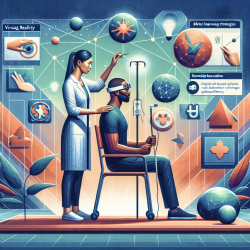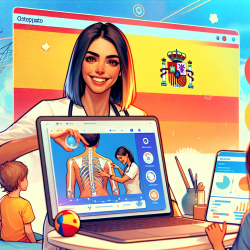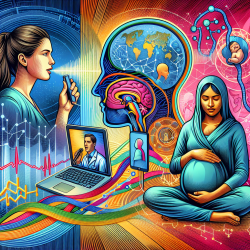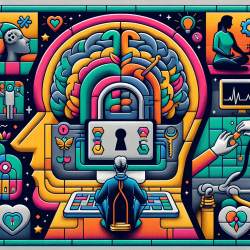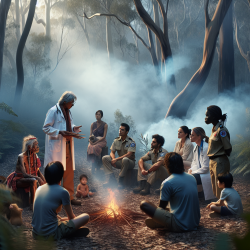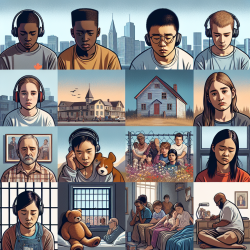The integration of motor learning strategies (MLS) within virtual reality (VR)-based stroke rehabilitation has been a topic of growing interest among therapists seeking to enhance their clinical practice. A recent study titled "Promoting Therapists’ Use of Motor Learning Strategies within Virtual Reality-Based Stroke Rehabilitation" provides valuable insights into how these strategies can be effectively implemented to improve patient outcomes.
The Importance of Motor Learning Strategies
Motor learning strategies are essential for structuring practice conditions that promote neuroplasticity and motor relearning in stroke rehabilitation. These strategies involve task-specific factors and evidence-based practice to optimize motor learning. However, integrating MLS into VR-based therapy presents unique challenges due to the differences in sensory input and feedback compared to conventional therapy.
Research Findings on MLS Integration
The study conducted a knowledge translation (KT) intervention where therapists were trained to integrate MLS within VR-based therapy. The intervention included e-learning modules, hands-on sessions, and experiential learning opportunities. Results indicated an improvement in therapists' confidence regarding MLS use, although there was no significant change in clinical reasoning or behavior in implementing these strategies during VR sessions.
- Confidence Boost: Therapists reported increased confidence in using MLS after completing the KT intervention.
- Clinical Reasoning: Despite the confidence boost, there was no significant improvement in clinical reasoning related to MLS use.
- Behavioral Change: Observations showed limited changes in behavior concerning MLS application during VR therapy sessions.
Practical Implications for Therapists
The study highlights the need for comprehensive training that combines theoretical knowledge with practical application. Therapists can benefit from:
- Interactive E-Learning: Engaging online modules that provide foundational knowledge on VR systems and MLS.
- Hands-On Practice: Opportunities to practice using VR systems with real clients under supervision.
- Mentorship Programs: Access to mentors who have experience integrating MLS into VR therapy.
Encouraging Further Research
The findings suggest that while confidence in using MLS can be enhanced through targeted interventions, more research is needed to understand how these strategies can be effectively integrated into VR-based therapy. Future studies could explore the impact of different types of feedback provided by VR systems and how they influence therapist behavior and patient outcomes.
For practitioners looking to improve their skills, staying informed about the latest research and engaging in continuous professional development is crucial. By doing so, therapists can ensure they provide the best possible care for their patients.
